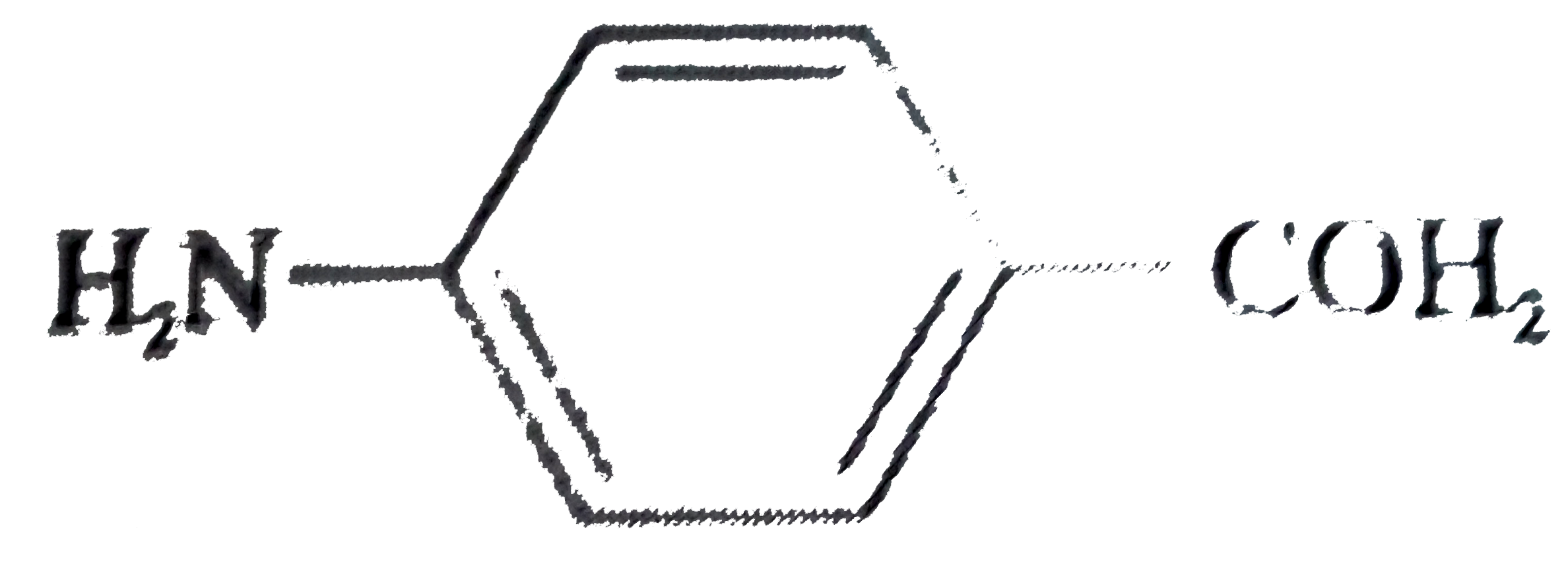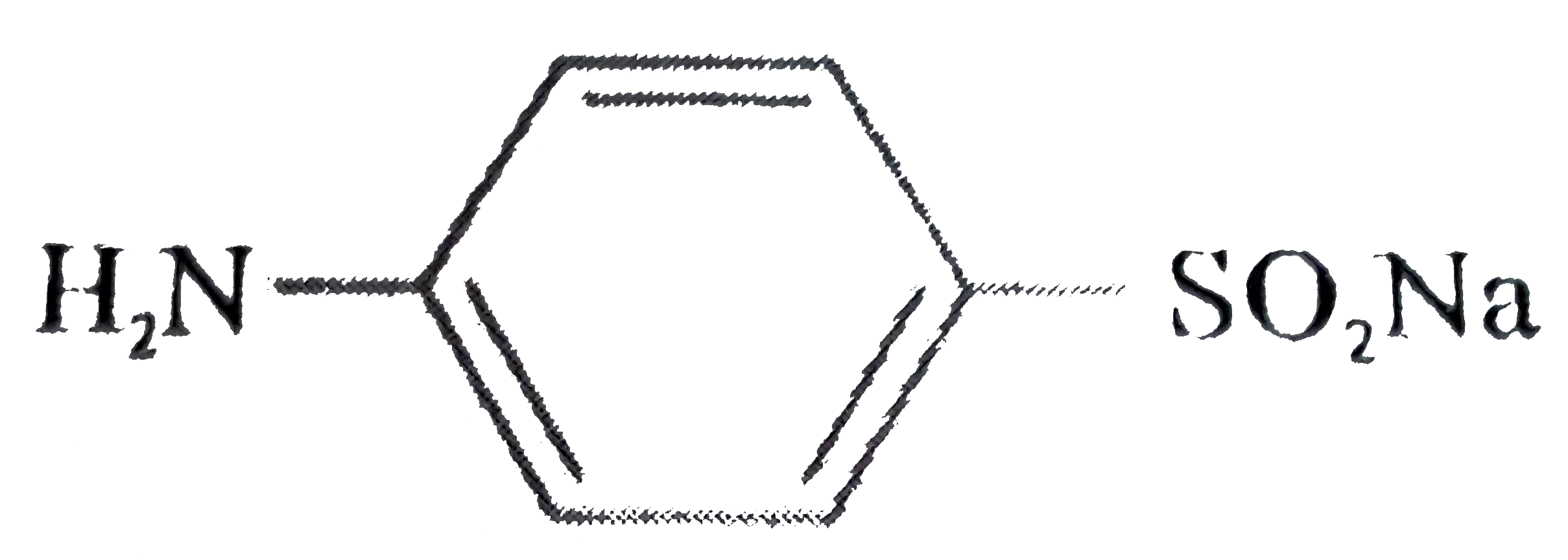Three students, Manish, Ramesh and Rajini were determining the extra elements present in an organic compound given by their teacher. They prepared the Lassaigne's extract (L.E.) independently by the fusion of the compound with sodium metal. Then they added solide FeSO4 and dilute sulphuric acid to a part of Lassaigne's extract. Manish and Rajni obtained prussian blue colour but Ramesh got red colour.
Ramesh repeated the test with the same Lassaigne's extract, but again got red colour only. They were surprised and went to their teacher and told him about their observation. Teacher asked them to think over the reason for this. Can you help them by giving the reason for this observation. Also, write the chemical equations to explain the formation of compounds of different colour.
Video Solution
Text Solution
In the preparation of the Lassaigne's Extract for the organic compound containing N and S, sodium thiocyanate (NaSCN) is formed if sodium metal is not taken in excess.
C+N+Sorganic compound+NaFusion−−−→NaSCNSod. thiocyanate
In case, sodium metal is taken in excess, then NaSCN reacts with the metal to form a mixture of NaCN and Na2S.
NaSCN+2NaFusion−−−→NaCNSod. cyanide+Na2SSod. sulphide
In the first case, NaSCN reacts with Fe3+ ions formed by the oxidation of Fe2+ ions (FeSO4) to form Fe(SCN)3 which has a blood red colour.
Fe3++3NaSCN→(Fe(SCN)3)(Blood red colour)+3Na+
In the second case, NaCN takes part in the chemical reactions to form Fe4[Fe(CN)6]3 which has a prussian blue colour.
2NaCN+FeSO4→Fe(CN)2+Na2SO4
Fe(CN)2+4NaCN→Na4[Fe(CN)6]Sod. ferrocyanide
3Na4[Fe(CN)6]+4Fe3+→Fe4[Fe(CN)6]3+12Na+Ferric ferrocyanidePrussian blue
In the light of the above infomration, it seems that both Manish and Rajni used excess of sodium in the preparation of the extract and the product formed was ferric ferrocyanide carrying a prussian blue or deep blue colouration. however, Ramesh used the metal in lesser amount for the preparation of the extract and ended with Fe(SCN)3 which has blood red colouration.
|
Topper's Solved these Questions
- ORGANIC CHEMISTRY - SOME BASIC PRINCIPLES & TECHNIOUESBook:DINESH PUBLICATIONChapter:ORGANIC CHEMISTRY - SOME BASIC PRINCIPLES & TECHNIOUESExercise:CONCEPT BASED QUESTION
Explore 45 Videos
- ORGANIC CHEMISTRY - SOME BASIC PRINCIPLES & TECHNIOUESBook:DINESH PUBLICATIONChapter:ORGANIC CHEMISTRY - SOME BASIC PRINCIPLES & TECHNIOUESExercise:VALUE BASED QUESTION
Explore 3 Videos
- ORGANIC CHEMISTRY - SOME BASIC PRINCIPLES & TECHNIOUESBook:DINESH PUBLICATIONChapter:ORGANIC CHEMISTRY - SOME BASIC PRINCIPLES & TECHNIOUESExercise:N.C.E.R.T.
Explore 40 Videos
- NUCLEAR AND RADIO CHEMISTRYBook:DINESH PUBLICATIONChapter:NUCLEAR AND RADIO CHEMISTRYExercise:Evaluate Yourself
Explore 45 Videos
- P BLOCK ELEMENTS (GROUP 13 AND 14 )Book:DINESH PUBLICATIONChapter:P BLOCK ELEMENTS (GROUP 13 AND 14 )Exercise:Straight obj.
Explore 17 Videos
Similar Questions
Knowledge Check
In the Lassaigne's test for nitrogen in an organic compound, the Prussian blue colours is obtained due to the formation of:
ANa4[Fe(CN)6]BFe4[Fe(CN)6]3CFe[Fe(CN)6]DFe[Fe(CN)6]6Which of the following organic compound will give red colour in Lassaigne's test?
AC6H5CNB CNH2−O∣∣C−NH2D
CNH2−O∣∣C−NH2D
In the Lassaigne's , test the sulphur present in the organic compound first changes into :
ANa2SO3BCS2CNa2SO4DNa2S
The compound that does not give a blue colour in Lassaigne's test is
View SolutionIn the Lassaigne's test for nitrogen in an organic compound, the Pressian blue colour is obtained due to the formation of :
View SolutionIn Lassaigne’s test, the organic compound is fused with sodium metal so as to
View SolutionIn Lassaigne's test, the organic compound is fused with sodium metal so as to
View SolutionThe prussian blue colour obtained during the test of nitrogen by Lassaigne's test is due the formation of :
View Solution

